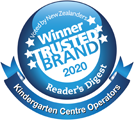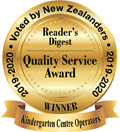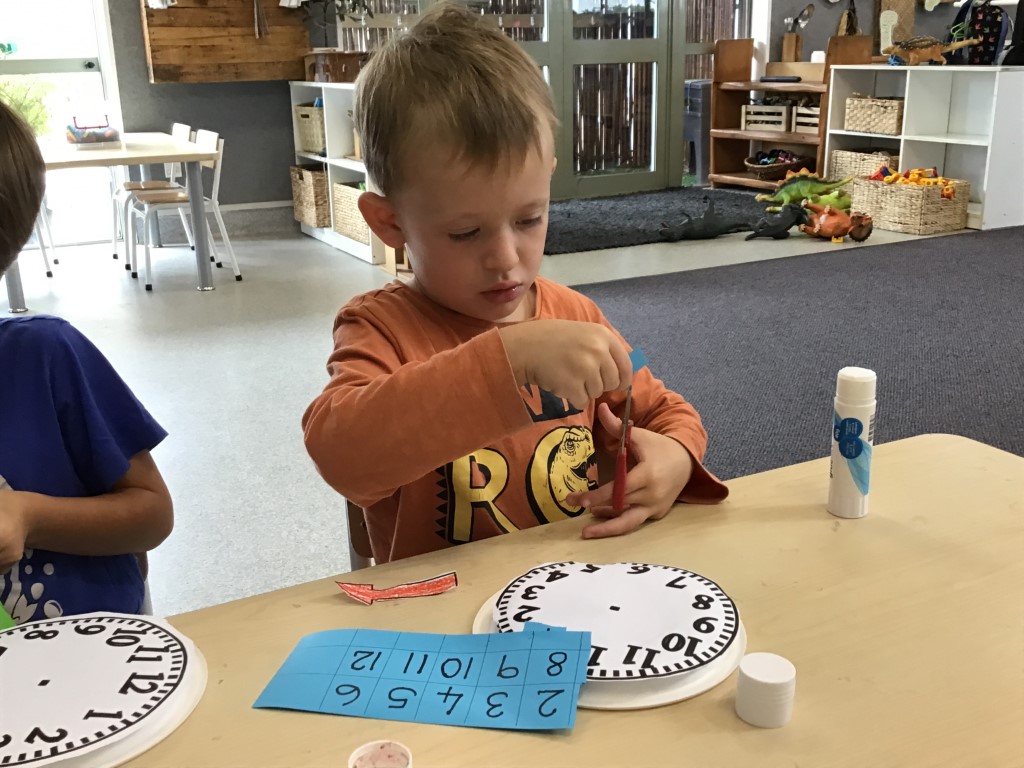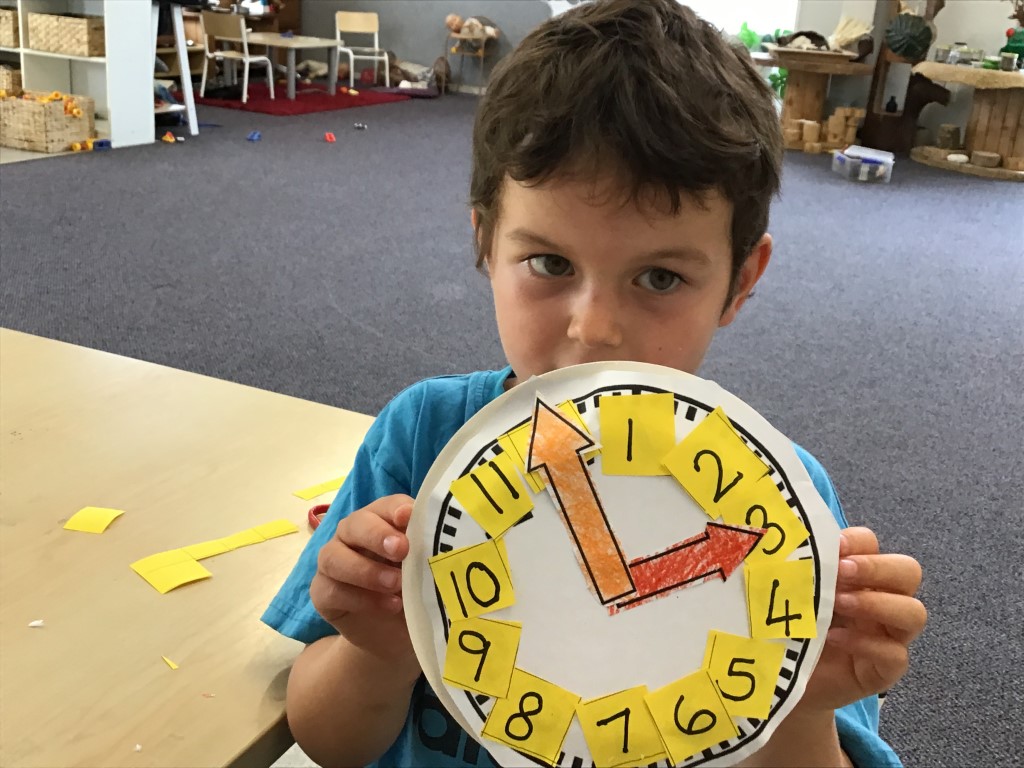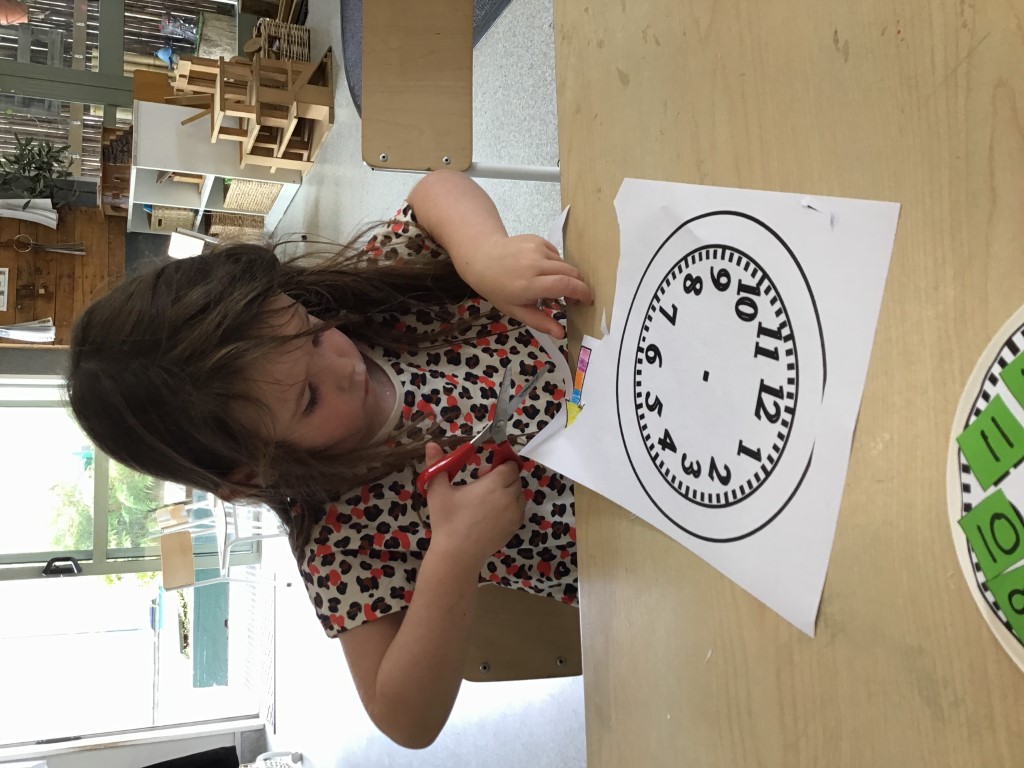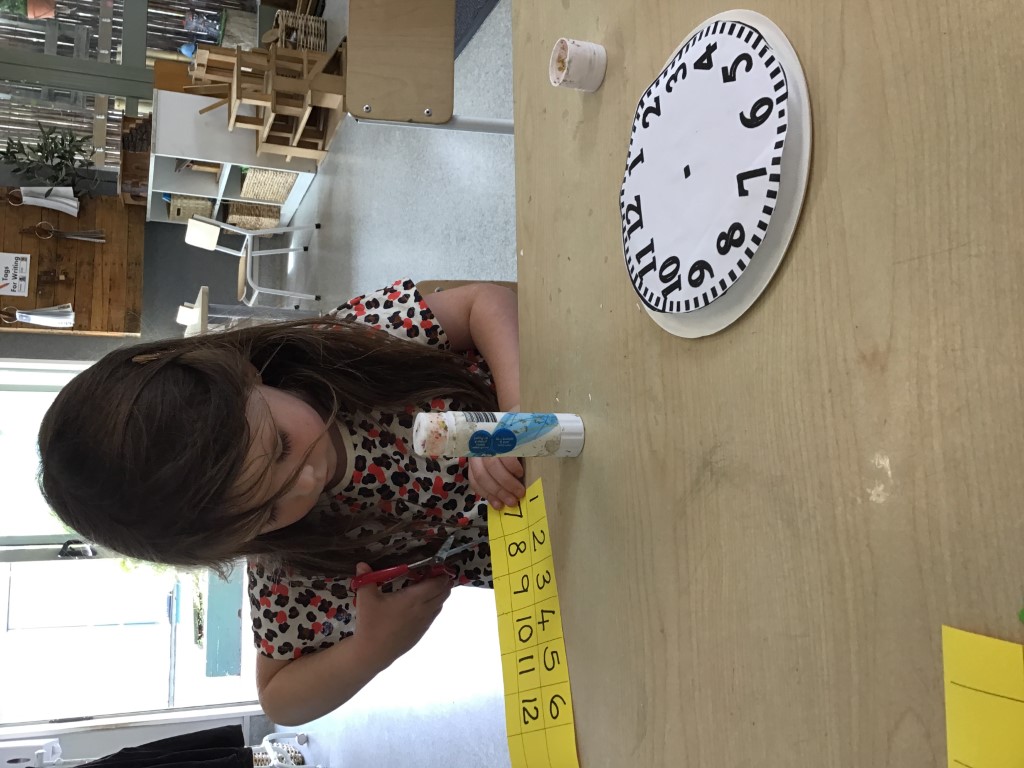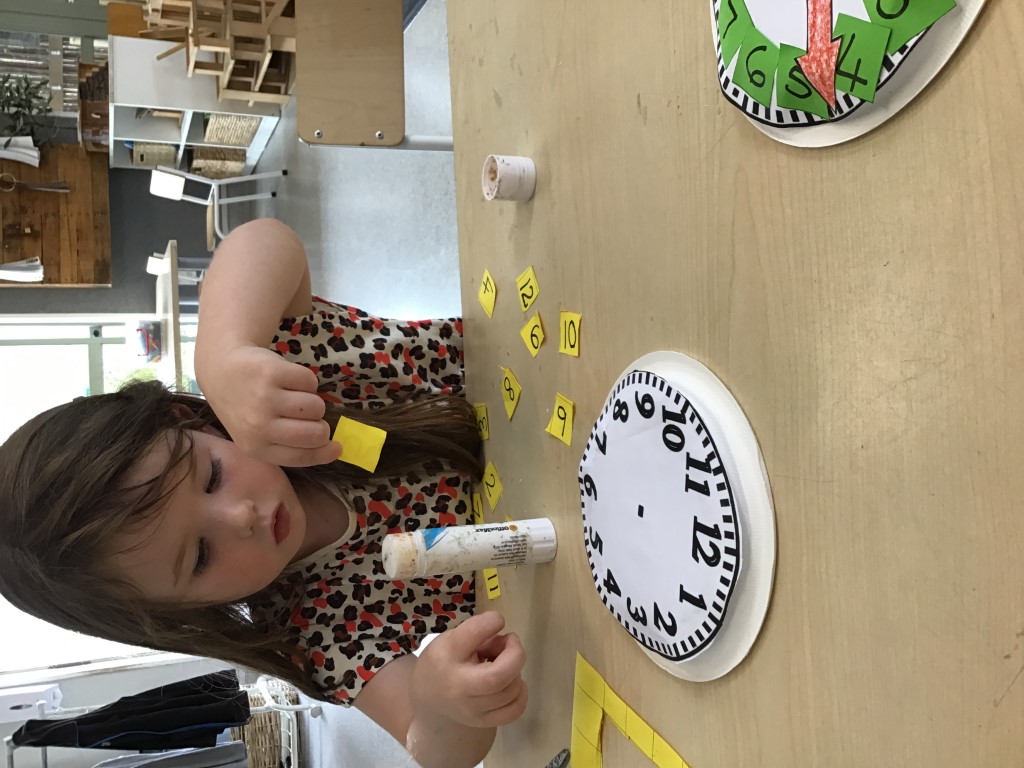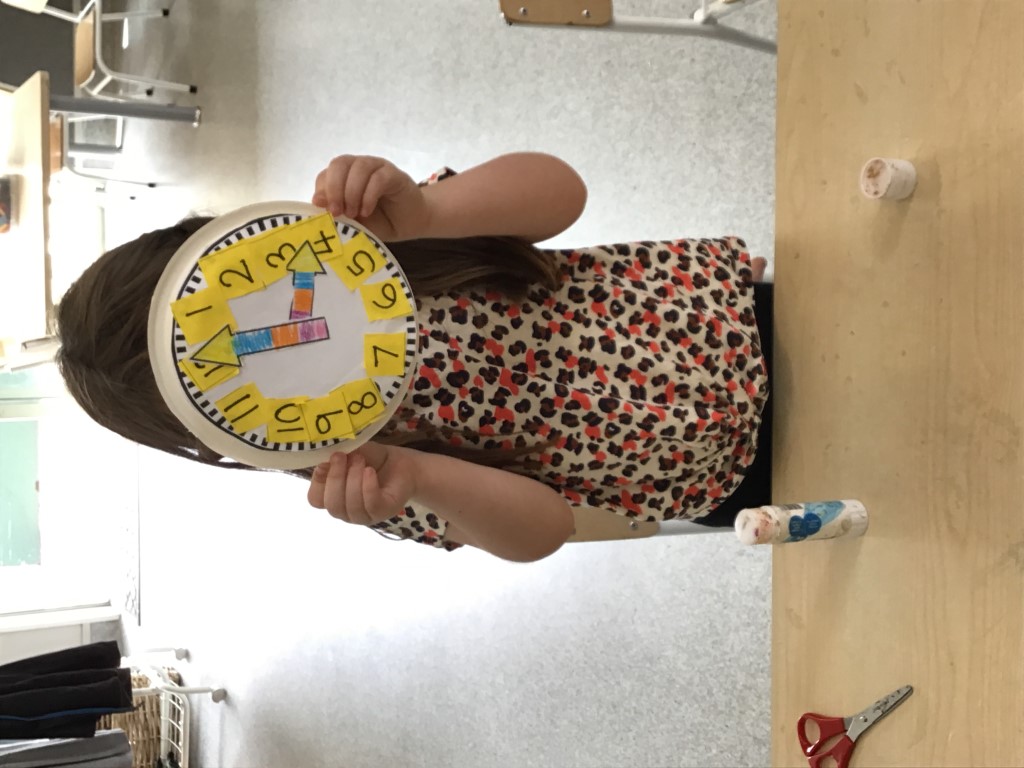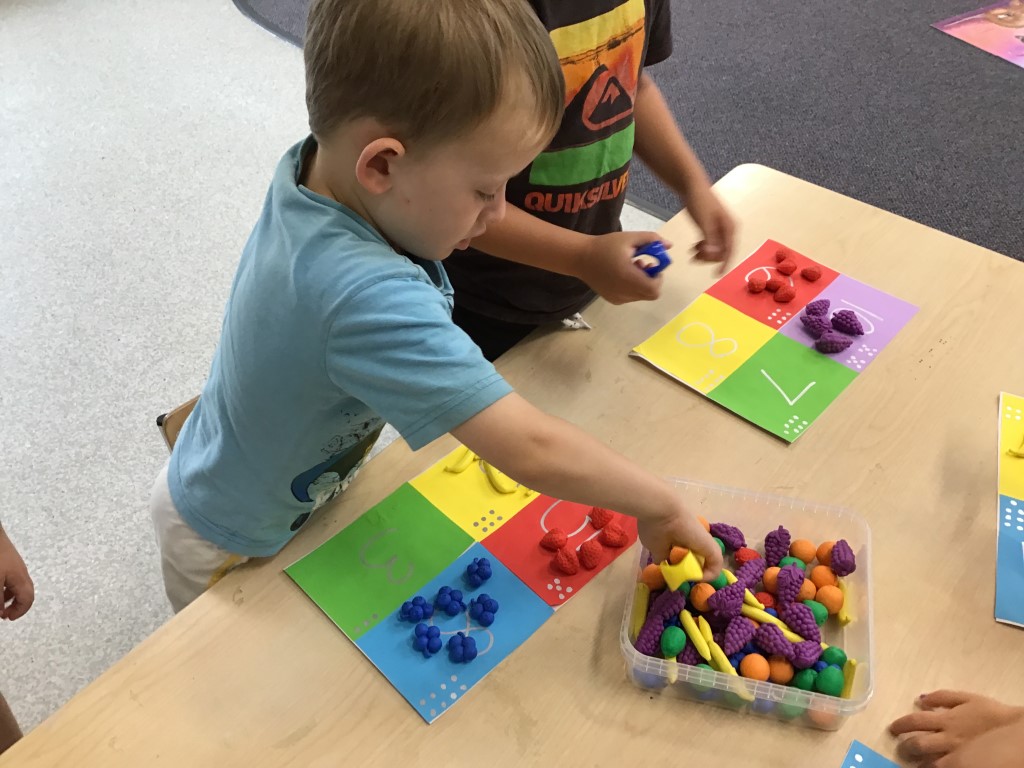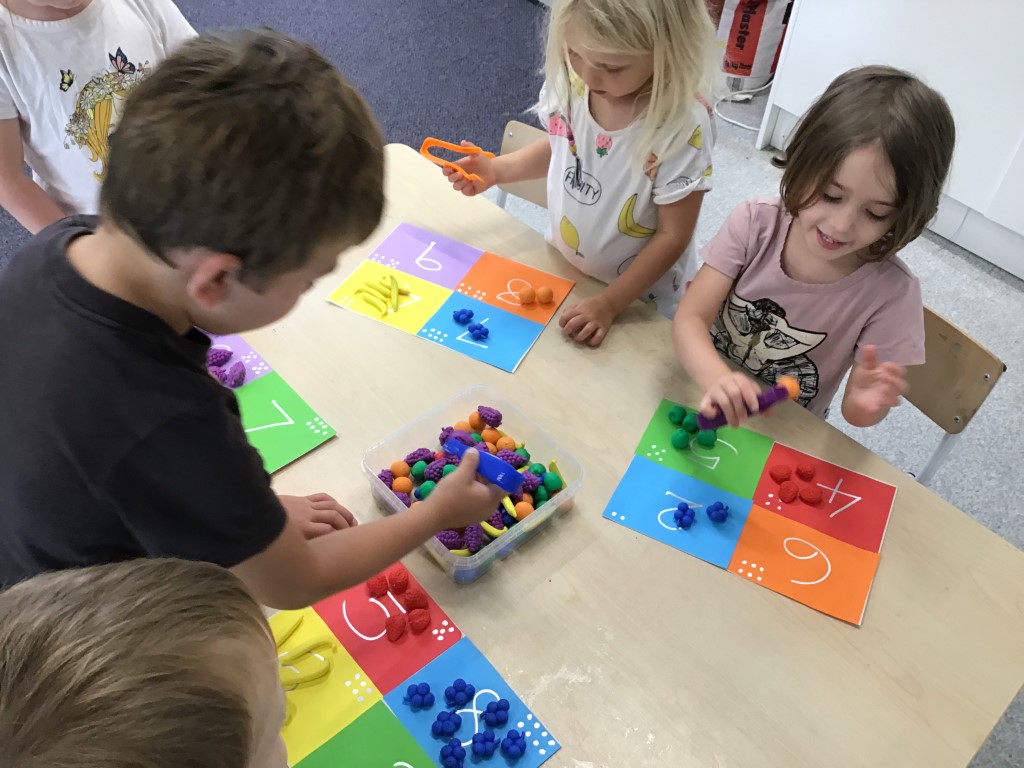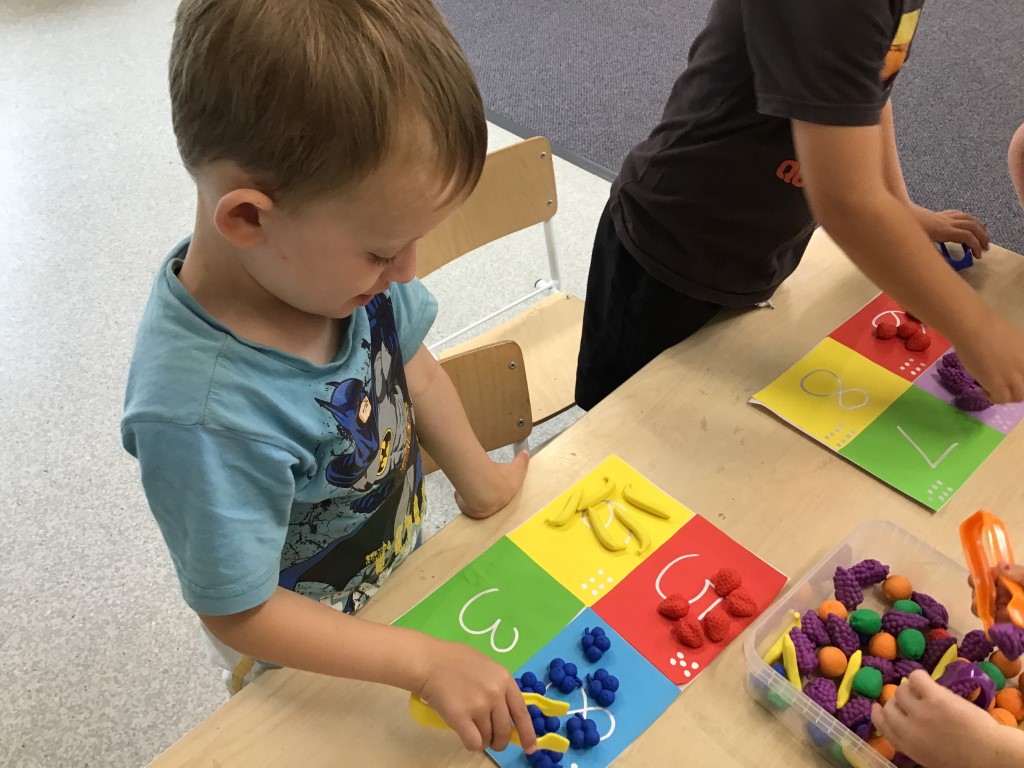LATEST STORIES
Making maths fun!
At BestStart MacDonald Street, we incorporate Mathematics into our daily teaching to enable our children to become powerful and competent learners. There are many ways in which we make this learning fun, namely counting games and clock making.
Te Whāriki positions mathematics as one of the many forms of expression that children need in order to communicate successfully and widely. This view of mathematics as a language is embedded in the learning outcome, he kōrero pāngarau: recognising mathematical symbols and concepts and using them with enjoyment, meaning, and purpose.
Infants, toddlers, and young children become powerful and competent learners in the language and expression of mathematical ideas when:
- mathematical learning is grounded in their interests, abilities, purposes, and cultural understandings
- they are exposed to a diverse range of mathematical concepts, not just numeracy (Te Kākano 1 outlines six strands – pattern, measuring, sorting, locating, counting and grouping, and shape)
- learning to think mathematically is the aim of the curriculum, for example, through estimating, connecting, speculating, ruminating, problem solving, and playing with possibilities.
An effective mathematics curriculum begins with the premise that all children are powerful mathematics learners irrespective of age and ability. However, it is when children have numerous opportunities to see themselves as powerful and competent mathematical learners that the curriculum can justly be called effective.
Early years education plays a crucial role in the development of infants’, toddlers’, and young children’s mathematical proficiency because it is the time when attitudes towards mathematics are formed. Positive attitudes are more likely when children’s mathematical learning begins as informal and intuitive learning, influenced by the culture and experiences they are growing up in.
Mathematics helps children to think logically, strategically, creatively, and critically – skills and knowledge which are particularly valuable in today’s information and digital age.

